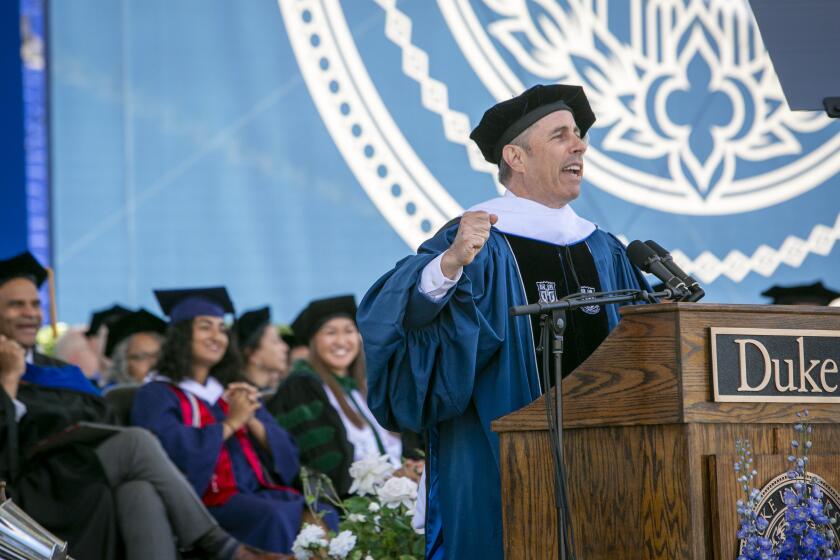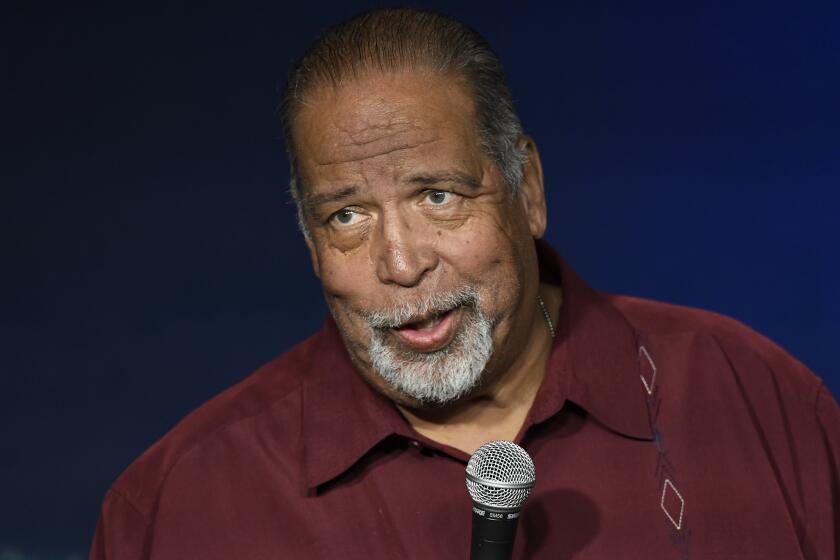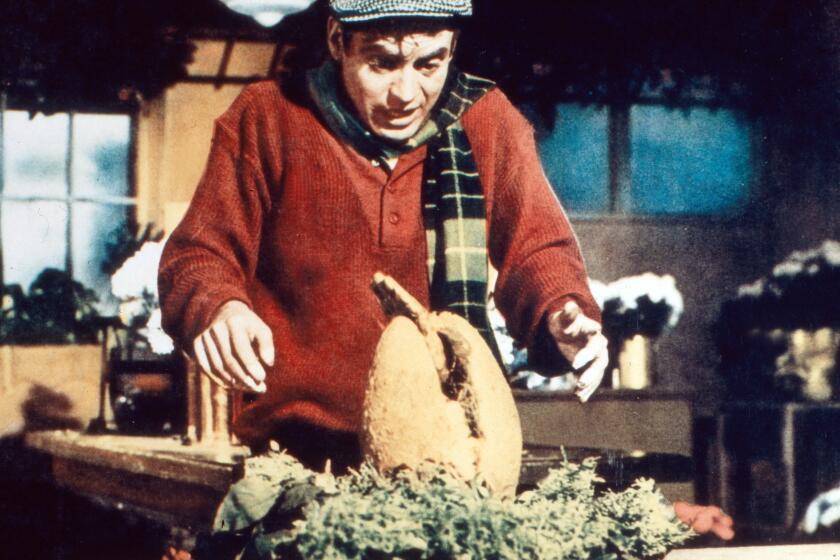What they’d change
Dan Rather
Anchor of “Dan Rather Reports” on HD Net
Let’s tear down the structure and rebuild from the ground up. We might use as our model the debates that history remembers as the finest exemplars -- those between Abraham Lincoln and Stephen A. Douglas in 1858, as the two vied for one of Illinois’ seats in the U.S. Senate.
These confrontations followed classic forensic structure -- resolutions, followed by rebuttals, followed in turn by surrebuttals. As for moderation, let’s get journalists and their questions out of the picture. This format would need a timekeeper or referee and little more. The topics could be determined beforehand by the debate organizers or by the candidates.
And let’s allow plenty of time for detailed, developed elucidations and examinations of policy. No more should an ill-informed candidate be able to filibuster through an allotted minute without answering the question. In every case, the opposing candidate will be on hand to provide a check to falsehoods, obfuscation and spin. That’s the kind of debate I’d like to see.
--
Bill O’Reilly
Host of “The O’Reilly Factor” on the Fox News Channel
The problem is that the moderators are too nice. These men and women were chosen to lob questions chiefly because of their civility. They ask heavily prepared questions; the candidates answer what they want. The journalists follow up; the candidates answer what they want. To quote Linda Ellerbee, “And so it goes.”
Debates should be confrontational and a bit raucous. Interrupting candidates who wander is necessary. Challenging candidates who stretch the truth or attempt to filibuster should be part of the format.
But you can forget about that because any cross-examination of the candidates is severely limited by the rules. Those rules save politicians, who know they can spin their back pockets off and only one follow-up will come their way.
So I will watch the spectacle because I am paid to do that. But until the rules are changed and obnoxious people are hired as questioners, little will be revealed in the debates. As Walter Cronkite said, “That’s the way it is.”
--
Tom Rosenstiel
Director of the Pew Research Center’s Project for Excellence in Journalism
The problem with presidential debates is that campaigns game the format so that the candidates utter canned lines rather than debate ideas. To allow voters to see more of the candidates, let’s try fewer rules.
One approach: The moderator would ask basic questions: “Explain what you would do on Question X.” Have each candidate give a brief answer, say four minutes. Then give them a longer period to have at it -- no rules, just 15 minutes to go at each other. Then move on to the next policy area and do it again. The candidates not only would address each other, they could filibuster each other, interrupt and anything else they want, short of physical contact.
The complete guide to home viewing
Get Screen Gab for everything about the TV shows and streaming movies everyone’s talking about.
You may occasionally receive promotional content from the Los Angeles Times.



